Madeline Sonik creates poetry through the contemplation and inspiration of the abstruse symbols encountered in the ancient oracular Chinese text, the I Ching (The Book of Changes). The interplay of concept and image that the I Chingoffers, as well as the non-causal world view it implicates, presents a unique place of poetic inquiry. Sonik uses the Richard Wilhelm translation as her source and has ordered and labeled the hexagrams as he has, using his labels as the titles for each poem.
Carl Jung used the I Ching as a method of exploring the unconscious, and pointed out how it worked by allowing chance details to “enter into the picture of the moment of observation and form a part of it.” This is what Sonik attempts to do this with each of the 64 poems that correspond to the I Ching’s hexagrams. She was also was interested in using the I Ching as a feminist writer, for although it gives credence to intuitive and synchronistic ways of knowing which, in Western cultures, are associated with the feminine—the work is predominantly masculinist in that it foregrounds issues of male power, as well as occupations and concerns that have traditionally excluded women.
Sonik compensates for the lack of feminine presence in the I Ching by projecting into the hexagrams a personal experience of womanhood, where autobiographical elements are at liberty to dialogue with proverbial wisdom. Through this conversation, readers will discover a deeper understanding of what it means to be both human and female.

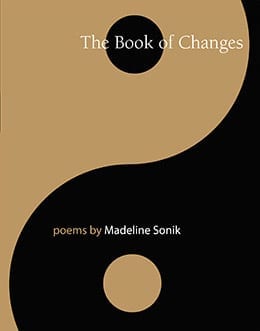

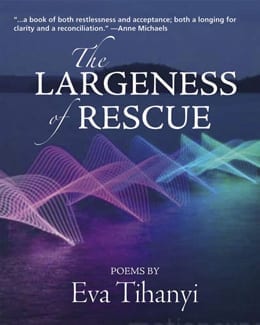
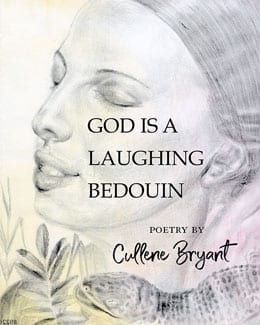

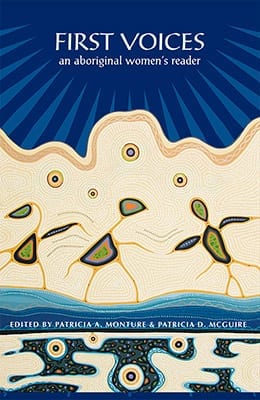
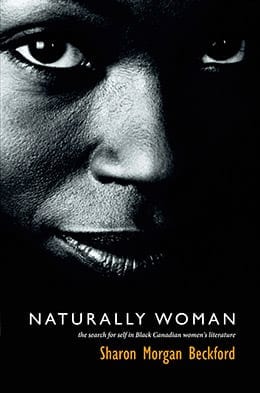
Reviews
There are no reviews yet.